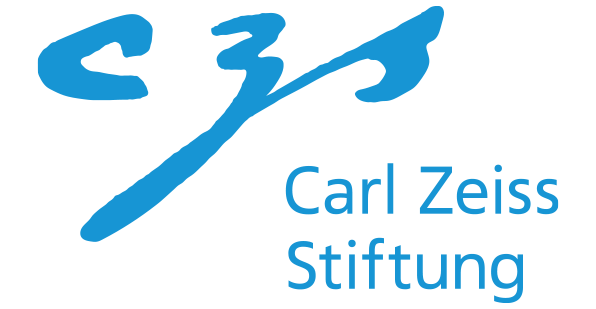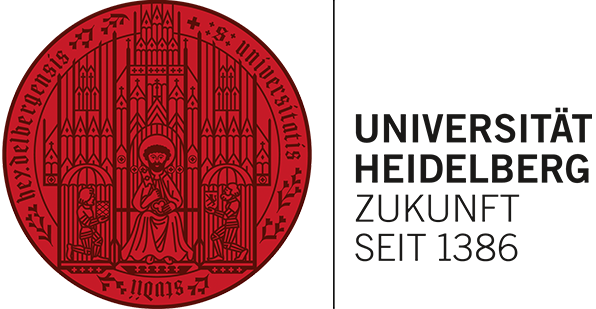Management Modules
Besides scientific and technical knowledge, leadership and management skills are often required for a successful career in industry as well as being helpful for advancing in academia.
Doctoral Researchers benefit from knowledge on management topics at an early stage of their career, conveyed in scientific methods that are easily accessible to engineers and natural scientists.
Thus, the Management Modules offered by the HECTOR School of Engineering and Management External Link are an integral part of the HEiKA Graduate School as they teach these valuable management skills qualifying the Doctoral Researchers in the natural and engineering sciences to become the decision-makers of tomorrow.
Doctoral Researchers in the HEiKA Graduate School are obliged to participate in at least one Management Module of their choosing. Being able to choose out of seven units and two additional courses, participants will learn new and applicable skills such as project management, human resource management and marketing.
It is also possible for HEiKA Graduate School members to participate in the complete MBA Fundamentals Program. This optional program consists of six units (18 ECTS) providing much sought-after management expertise for scientists and engineers.
Module Descriptions
.elementor-accordion .elementor-accordion-item:first-of-type {
display: none;}
.elementor-accordion {
border-top: 1px solid #D4DFF2C7;
}Further information, dates and registration here.




